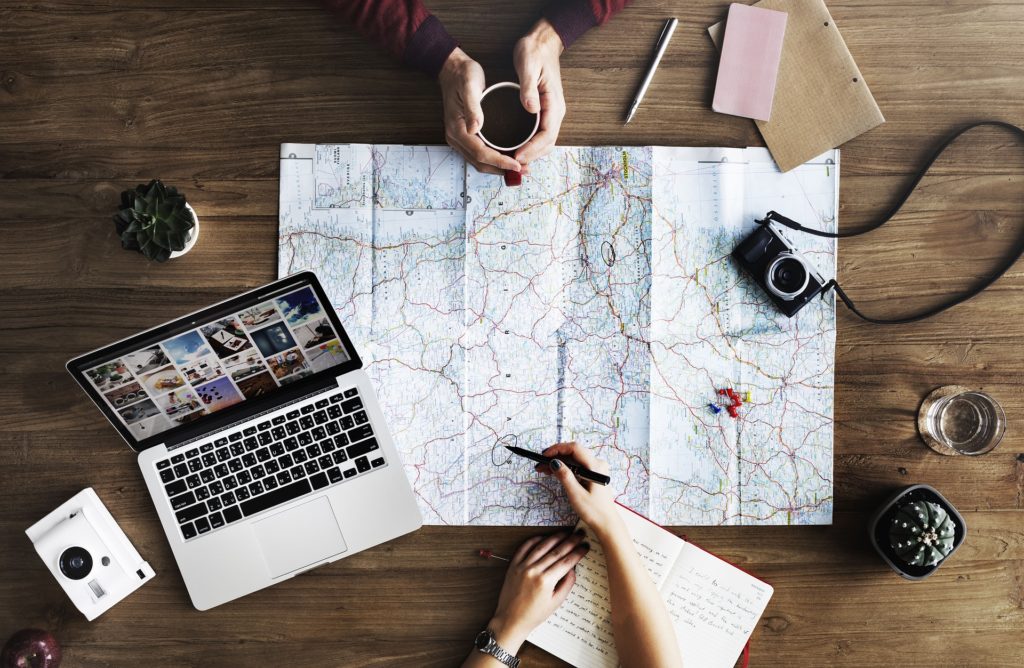
Over the next 12 months, 73% of business owners predict they will take a maximum of 5 days off, according to a new survey. Over a third (37%) will take no time off at all, as the Covid-19 pandemic takes its toll on holiday plans for small business owners across the UK.
The research by iwoca found that even in normal times less than 4% of business owners took the usual 25-28 holiday days that many UK employees are allocated, with 59% taking 5 or fewer days’ holiday a year and 10% none at all.
Zero holiday days
There are 4.5 million businesses in the UK where the only employee is the owner. The survey suggests that nearly 1 in 5 (17%) single employee businesses report taking no holidays at all in an average year compared to 8% of businesses with 2 – 49 employees. This worsens again when we look ahead, with 44% of single employee business owners predicting zero holiday days in the coming year.
Whilst many businesses have adapted their operations as a result of working from home, 41% of owners wouldn’t be able to run their business if they had to quarantine for 14 days after returning from a holiday abroad. Again it is the micro businesses that are affected the most, with 47% of one-person businesses not being able to operate in quarantine, as opposed to 38% of businesses with 2 – 49 employees.
Holiday crucial for mental health
The vast majority of business owners (89%) agree that holiday is important for mental health, yet nearly three quarters (73%) expect to take no more than 5 days in the next 12 months. In June ONS data revealed that up to 19 million adults in Britain reported high levels of anxiety as a result of coronavirus,3 and as the small business community faces further challenges arising from the pandemic – with government measures unwinding and rising economic uncertainty – UK business owners will need continued support to ensure levels of anxiety remain under control and allow them to take the time off they need.
Samantha Guilfoyle is the founder of S G Accountancy: “Holidays, I don’t do holidays. I get in the van and go to the beach and get up the next morning and come into the office. I haven’t got anybody that I can leave to run things. I can reduce my hours, divert my phone and take my laptop with me so I can still work if I’m out and about.
“It’s only in the last couple of years I’ve actually moved into an office. I was in danger of just working at home and not doing anything other than work. When somebody called me at home, I felt compelled to deal with it. I’d be on call 24 7.”
Niamh Keys, head of people at iwoca said: “Many small business owners are quite rightly channelling all their energy into ensuring the future of their business. But, this could be taking its toll on their own wellbeing. Our research shows that they fully understand the value in taking time off to improve their mental health, yet concerningly do not see themselves as being able to take much holiday in the future, perhaps due to financial concerns or the impact of COVID-19 on their business.
“As we all look to get through this unsettling period, business owners across the UK should consider how and when they are going to take some time off and prioritise their wellbeing.”



 share
share























































